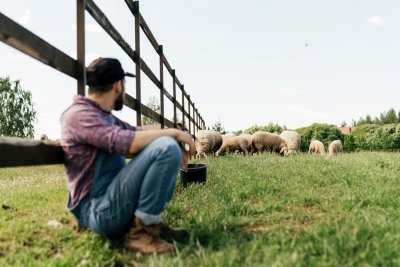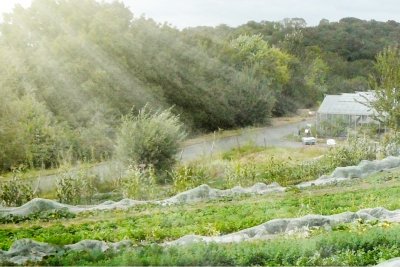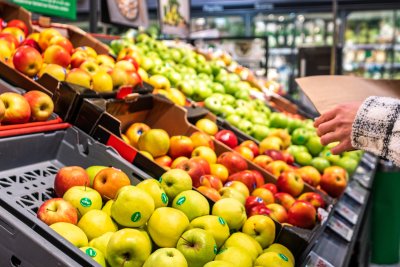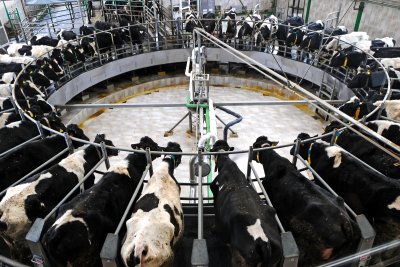Sustain: Sustain The alliance for better food and farming advocates food and agriculture policies and practices that enhance the health and welfare of people and animals, improve the working and living environment, enrich society and culture and promote equity.
National Trust calls for complete reform of farm subsidies
In the reorganisation of farm funding that must follow Brexit, the National Trust has joined calls to put the recovery and resilience of the natural environment at the heart of any system that replaces the CAP
British farmers and landowners have been receiving subsidies under the Common Agricultural Policy since 1973. Many groups -- including Sustain and the 80+ organisations that recently signed a letter calling for a more sustainable post-Brexit food system -- have called on the government to use the historic opportunity offered by the result of the EU Referendum to radically reform agricultural policy.
The National Trust, the UK's leading heritage protection charity, has now added an eloquent voice to these appeals. It takes the view that the subsidy system has hitherto incentivised farming methods that have devastated the countryside, cut a swathe through species and habitats, disrupted the land's ability to absorb floodwater, and reduced the fertility and abundance of the soil itself.
"Unless we make different choices, we will leave an environment that is less productive, less rich and less beautiful than that which we inherited," said National Trust Director General, Helen Ghosh.
The National Trust argues that a completely different set of rewards and incentives is now needed, and it has laid out six principles that any new system of funding must adhere to. They would ensure that public money protected public goods -- the beauty, biodiversity, fertility and amenity that are not rewarded by markets; and would allocate most money to the farmers who do most to secure these public goods (rather than to the farmers with most land, as under the present system).
Sustain
The Green House
244-254 Cambridge Heath Road
London E2 9DA
020 3559 6777
sustain@sustainweb.org
Sustain advocates food and agriculture policies and practices that enhance the health and welfare of people and animals, improve the working and living environment, promote equity and enrich society and culture.
© Sustain 2025
Registered charity (no. 1018643)
Data privacy & cookies
Icons by Icons8








